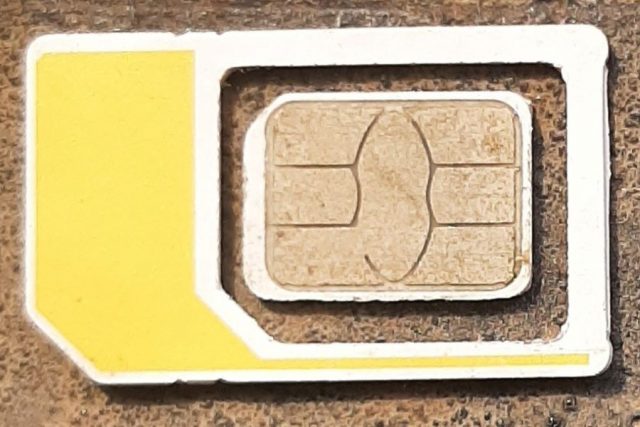…Of the 42 million (73%) unbanked Nigerians adults that did not have the documentation required to open a Tier 3 bank account according to EFInA’s 2020 A2F report ;72% of them did not have a NIN and 62% owned a mobile phone.
…77% of mobile phone owners in the poorest segment of society did not have a NIN and so are more likely to have been impacted directly by the restrictions on mobile phone use.
TUE, 23 AUG, 2022-theGBJournal| The Inclusion for all Initiative, a multifaceted advocacy programme that seeks to address the barriers that prevent the financial and economic inclusion of Nigeria’s poorest and most vulnerable communities, today published new data insights on its open source data visualisation platform at https://www.inclusion-for-all.org.
The data suggests that Nigeria’s most vulnerable groups are the ones most likely to be affected by the decision to impose restrictions on mobile phone users who have not linked their NIN to their SIM.
On April 4, 2022 – following more than 15 months of deadline extensions, the Nigerian Communications Commission (NCC) directed that mobile operators should restrict outgoing voice calls for subscribers who had not linked their National Identity Number (NIN) to their SIM registration. Estimates suggest that this impacted up to 30 million people, many of whom do not have a NIN and so were unable to reconnect by linking it.
Inclusion for all (I4All) and wider research suggests that their exclusion from the national identity ecosystem is driven by a range of barriers including lack of source documents such as birth certificates or a legal means of validating their age and personal data, poor access to enrolment centres, and other delimiting factors.
An initial deep-dive analysis of the 2020 Enhancing Financial Innovation & Access (EFInA) Access to Finance (A2F) survey showed us that the poorer you are, the less likely you are to have a NIN. However, the data indicates that 62% of financially excluded Nigerians owned, or had access to a mobile phone. The data also tells us that this is exacerbated the poorer you get, with 77% of mobile phone users in the poorest percentile of society not enrolled in the national identity system.
These preliminary findings demonstrate the urgent need for further research to confirm the impact of the restrictions, the demographic profile of those affected and how to mitigate that impact. This will guide recommendations to curb the disproportionate effect of the directive on these populations and inform an approach that is more inclusive. Furthermore, addressing this will help to ensure the Federal Ministry of Communications and Digital Economy and NIMC achieve their digital inclusion objectives.
Chinasa Collins-Ogbuo – Head of the Inclusion for all initiative said: “Vulnerable populations are increasingly at risk of further exclusion even in the face of well-intentioned decisions by government, our role at Inclusion for all is to make sure these blindspots are identified and curbed early on. The NIN-SIM ban is one of such decisions; putting the groups we care about at risk of further exclusion from the formal economy, as their mobile phones, which is a tool to facilitate their formal inclusion and also a key enabler for their livelihood, is under threat. We know this is not an outcome that aligns with the government’s objectives”.
To further validate the likely impact of the NIN-SIM call restriction on the marginalised populations, a multi stakeholder collaboration is necessary to foster cross functional data sharing that tells us who the vast majority of the subscribers that have been cut-off are and where they live.
This data will guide more specific recommendations and action steps necessary to ensure that no one is left behind in the digital ID enrolment process.
Twitter-@theGBJournal| Facebook-The Government and Business Journal|email: gbj@govbusinessjournal.ng|govandbusinessj@gmail.com










